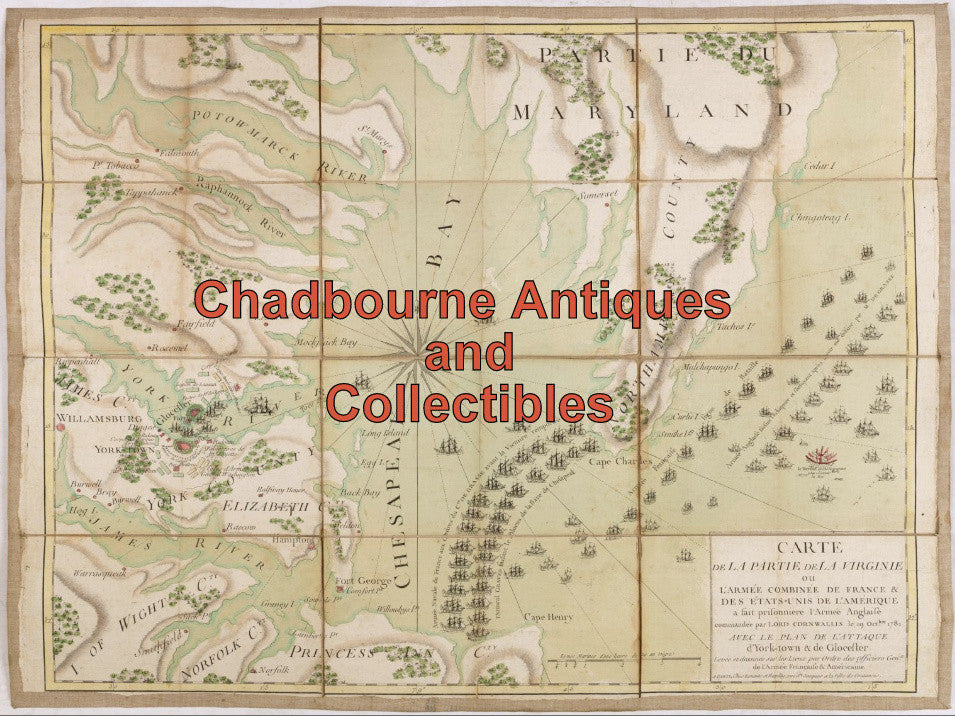$200.00 CAD
| /
Letter from Lord Auckland to the émigré journalist Jean-Gabriel Peltier, newspapers with news on French Revolution.
Eden Farm near Bromley
Sept 14th 1794 (1)
Sir,
I must entreat you to accept my thanks for your obliging note of the 11th inst. – your publication is so interesting. Tho in a melancholy point of view, that it will be a most eligible circumstance to me to receive the new sheets of it as fast as they are published.
Till I can hear from Paris I will not avail myself of your mediation to procure a compleat set of the Moniteurs (2). I already have a set at Paris of the year 1793 inclusive, purchased by a small balance belonging to me in the hands of my banker there. There exist some suspicions respecting Monsr Perregaux (3) conduct; & if it is true that several individuals are losing a great part of their fortunes which they had entrusted to him. I cannot expect that so small an object as the old arrears of my Rents viageres (4), which accrued before the late wretched confiscation, can have --.
I can with respect & ---- sir, your most obdt. Humble servant
Auckland
(1) Not much earlier, on July 21st, leaders of French revolution were guillotined
(2) One of the most influential newspapers in France during the French Revolution. It wasn’t just a news outlet; it was practically the voice of revolutionary France.
(3) Concerned by the law of suspects extended to finance people, Jean-Frédéric Perregaux is incarcerated a few days in 1793 and in 1794 had to flee to Switzerland.
(4) financial arrangement where a person paid a lump sum in exchange for regular payments until their death
Folds for mailing
23 ½ x 18 ½ cm
William Eden, 1st Baron Auckland (1744–1814), was a prominent British diplomat, politician, and public servant whose career spanned some of the most transformative decades of the 18th century.
Political and Diplomatic Career
Notable Achievements
Titles and Honors
Jean-Gabriel Peltier was a fascinating and fiery figure of the late 18th century—a French émigré journalist whose life mirrored the turbulence of Revolutionary Europe.
· Initially supported the French Revolution, even marching with Camille Desmoulins during the storming of the Bastille. Later became disillusioned and turned staunchly royalist, founding the newspaper Les Actes des Apôtres, known for its biting satire and anti-revolutionary tone
· Fled France after the radical turn of the Revolution in 1792 (Louis XVI imprisoned) . In London, he became a prominent émigré voice, publishing anti-Bonaparte writings and helping fellow exiles.
·
